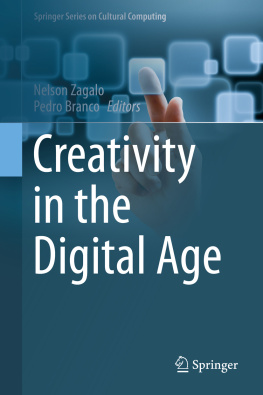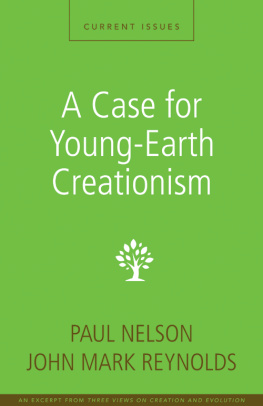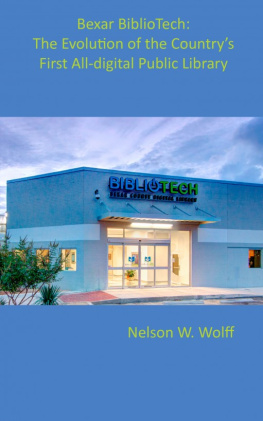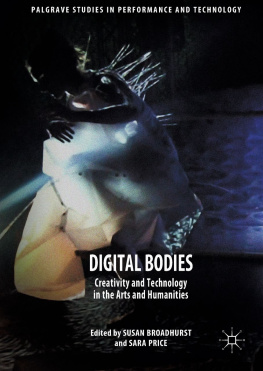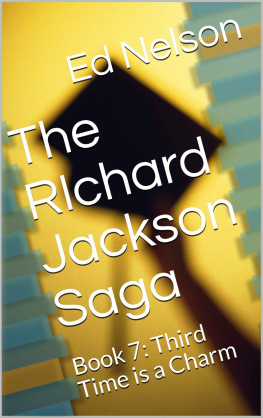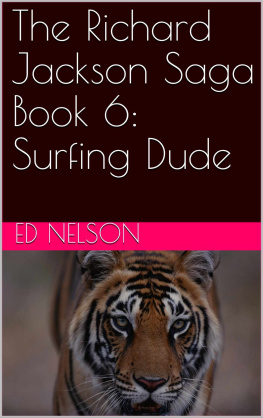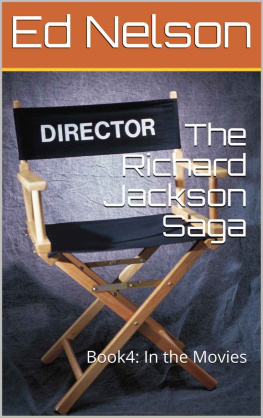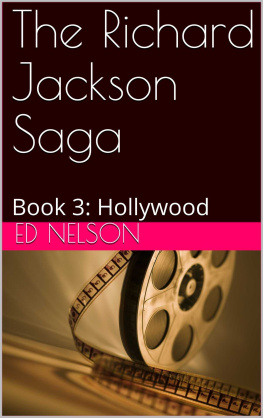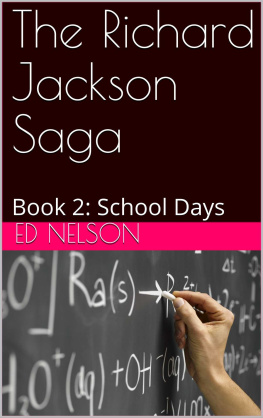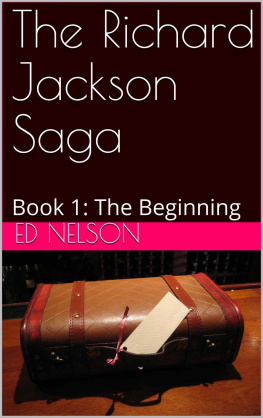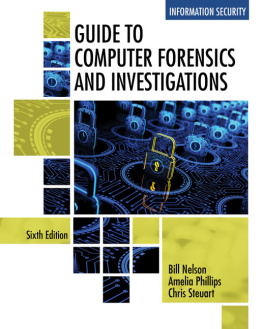1.1 Introduction
Since the dawn of humanity, we have developed creative technologies, tools that would support externally expressed creations, as ink, carving tools, or sounding objects. Creative technologies have always been the basis for human expressivity: to sustain self-realization, to raise self-esteem, to increase community bonds, and to create a better society. Also understanding technology as anything useful invented by a mind (Kelly :44). It is part of our culture and of our evolution and is responsible for what we are today.
Nevertheless, in the last 30 years, the development and convergence of a series of technologies has lead to new phenomena. The online sharing of knowledge, ideas, and content and the arrival of new accessible technological tools for creation have enabled many more people to create and express themselves through digital media, leading to massive amounts of rich media content creation by the curious hobbyist all the way to the artists and professionals. So much professional and amateur content is online that you can learn anything just by searching video tutorials, instructables , and discussion forums: someone has tried it, someone has tested it, and someone has explained it.
We then believe that there is a new cultural movement taking shape. This movement is providing a voice through which anyone can express to everyone whatever their imagination can create, democratizing innovation and creativity like never before. At the core of this emerging cultural movement are digital technologies that enable the access to sophisticated tools for rich media content creation, sharing of ideas, discussion, and distribution.
An example of such phenomenon is the Star Wars fan film awards. Fans submit entries to that contest, showcasing their ability and acknowledging their appreciation for the Star Wars saga. What used to be completely out of range technically and economically for nonprofessionals, and would signify a massive and expensive effort of a movie studio to produce, has now become possible for dedicated hobbyists to produce sophisticated computer animations.
That and many other examples of entertainment content is distributed, commented on, shared, and reshared over social networks, shaping new ways of what we do for leisure. Increasingly more people are turning off the television and tuning to Facebook to watch what others are saying, commenting on, and following and what is being linked on YouTube, Vimeo, and Blogs.
The more we express ourselves, the more we tend to sense ourselves. We believe that new creative technologies are forming the ground for the next great cultural movement giving voice to users wishes to express inner feelings, ideas, and visions; transforming; and giving shape to whatever imagination can generate. We believe that the future of technology will be largely determined by end users who will design, build, and share their own worlds, and creative technologies will inspire and support this shaping process.
Not all roses. A recent documentary by David Dworsky, PausePressPlay (). We understand that there are problems, as there are always with all transformations; our goal here is not to cleanse and paint a one-colour landscape, but we simply chose to focus our analyses on the creative production side, leaving outside the reception transformation. We acknowledge that this will change culture as we know it, raising new drawbacks; however, we cannot forget the new real possibilities all these changes represent for human creativity and all the impact it can have in human life.
In the next sections we will argue that while there have been incredible creative individuals in our history, in fact many more may never have discovered their area of intervention to express their creativity, maybe the technology to allow them to shine never came across. We will look at the events in recent history and the technological developments that brought to the very edge a new cultural movement. We continue to reflect on what makes a particular technology support this creative revolution movement.
1.2 The Motivation
The creation process is enclosed within us, and because of that has always existed since we exist. Boyd (:87).
Classical views of creativity from Sternberg to Cskszentmihlyi define creativity as something extraordinary, difficult to achieve, and at reach for only a small group of individuals. Cskszentmihlyi (:8) states that
creativity results from the interaction of a system composed of three elements: a culture that contains symbolic rules, a person who brings novelty into the symbolic domain, and a field of experts who recognise and validate the innovation.
The idea is then to produce something never seen before, something outstanding from all previous manifestations. Were talking about symbolical works like the ones created by Michelangelo and Caravaggio, Galileo and Copernic, Mozart and Beethoven, Borges and Pessoa, or Mlis and Eisenstein. These are people who have created a new, from grasp, who have opened up new ways to express, to think, and to imagine the domain itself works that have been admired, recognized, and validated by peers as truly creative.
Albeit we accept these individuals can have attained levels of performance that outpace the great majority of common individuals, we agree with Gauntlett () when he says that this is a very reductionist perspective of creativity as a human activity. We believe that all humans are creative, and this is central to our quest in this work.
Humans are strongly creative; the main problem most of us have is the lack of opportunities to find the right domain to express our inner ideas and exteriorize them through creative productions. Robinson () has been talking about this for long, demystifying the idea that for people to be brilliant they need to follow narrow and specific literacy scholarly paths. Gardner defined humans performance within eight domains: spatial, linguistic, logical-mathematical, bodily-kinaesthetic, musical, interpersonal, intrapersonal, and naturalistic.
School as we know it today still lives in the industrial revolution period. The need for a massification of societal behaviours and habits has developed large manufactories that we now call schools. In this environment teachers have no time to look for singular abilities in each student; they fight most of their time to communicate the conventional knowledge and to achieve uniform positive results. Students are taught to conform to norms and rules of the majority eliminating the possibility to spot unusual manifestations, thus blocking expressive potential.
We believe it is our responsibility to fight to eliminate this misconception on human normalized capabilities and to help strongly diminish the lack of opportunities of our students to manifest self-expression. Our answer is a new cultural movement we call creative technologies, technologies that enable common people to express themselves. People who had no opportunities to learn how to read musical scores, to learn how to program a computer, and to learn how to sing, paint, dance, film, perform, and design are now given through these new creative technologies new modes to participate, collaborate, and share learning processes which will liberate creativity.

